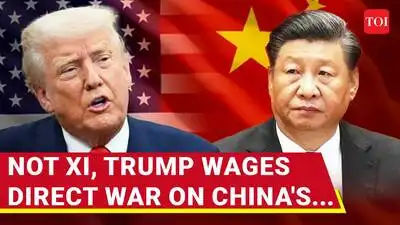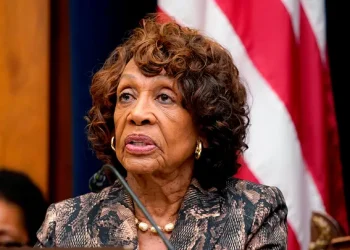WASHINGTON, D.C. — Secretary of State Marco Rubio announced Wednesday that the United States will begin revoking visas for certain Chinese students, particularly those with ties to the Chinese Communist Party or those studying in sensitive academic fields. The move signals a significant escalation in visa enforcement and reflects a broader crackdown under the Trump administration.
Rubio shared the announcement on X (formerly Twitter), stating that the State Department would “aggressively” pursue visa revocations. This marks a shift that could impact thousands, as China remains the second-largest source of international students in the U.S., with over 270,000 enrolled during the 2023–2024 academic year—nearly a quarter of all international students.
“We must ensure our educational system isn’t exploited for espionage or ideological influence,” Rubio posted.
Visa Interviews Suspended, Surveillance Intensified
A day prior to the announcement, Rubio suspended the scheduling of new visa interviews, citing the need for revised guidelines. These updates are expected to include heightened scrutiny of students’ social media profiles and digital activity, adding to an atmosphere of anxiety among foreign students.
The crackdown has alarmed many in academic and immigration circles. Critics argue that national security is being used as a cover to limit foreign presence on U.S. campuses and stoke anti-immigrant sentiment.
Backlash and Growing Fear Among Students
The visa policy shift comes just days after the Trump administration attempted to block Harvard University from enrolling any new international students—a move halted by a federal judge pending legal review. President Trump defended the action, stating,
“Harvard should limit international student enrollment to around 15%. I want to make sure the foreign students are people that can love our country.”
These recent developments follow earlier controversies, including the arrests and deportation attempts of students involved in pro-Palestine campus protests and a brief attempt to revoke legal protections for thousands of foreign students.
Many international students say they now feel unsafe and uncertain about their futures.
“There’s a growing fear among us,” said a Chinese graduate student, requesting anonymity. “We came here to learn and contribute. Now we’re treated as threats.”
Impact on US Higher Education
Universities, immigration advocates, and policy experts have expressed concern that these measures may discourage top global talent from coming to the U.S., potentially damaging its reputation as a world leader in higher education and research.
As the administration pushes forward, the message is clear: the U.S. is tightening its stance on international education in the name of national security—even if it means turning away future innovators and scholars.








